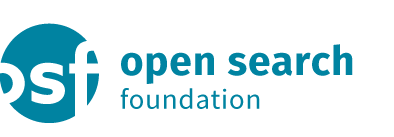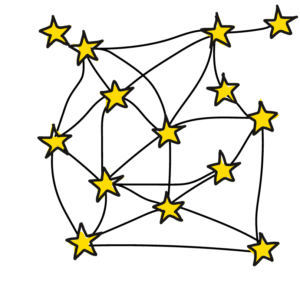“Google dominates internet search, now an EU project is trying to build an alternative with ‘European values’. Can it succeed?” – The SZ reported on our EU project OpenWebSearch.eu in the business section. Mirjam Hauck spoke with Michael Granitzer about it. He researches and teaches at the University of Passau and heads the 8.5 million euro project.
“We can’t compete with Google,” Granitzer says, dampening expectations. It is difficult to displace the top dogs. And the budget of 8.5 million euros is “a drop in the ocean”. By way of comparison: Microsoft has invested ten billion dollars in the AI company OpenAI and its bot Chat-GPT alone. That is about 1200 times the budget of the EU project.”
The goal of Open Web Search is to eventually cover 50 to 60 percent of the websites that Google also has in its index. That would be about 500 to 600 billion web pages. Because, as Michael Granitzer explains it: “More than 50 percent is a critical mass. If it works with that, you can also cover 100 per cent with more computer resources.”
Granitzer does not believe that they are too late with the OWI. “It’s not about building a competitor to Google or Microsoft, but first about making web data more easily accessible,” says the professor. This data could also be used to train CI models. In addition, “we simply have to make progress on this topic in Europe”.
For Granitzer, his project is also about whether a different advertising market and thus different business models are possible than those dominated by Google. If users had several search engines to choose from, there would be no such problems, says Granitzer. “Oligopolies or monopolies have never been drivers of innovation.” An example: “Currently, we are limited to seeing a list of ten links, of which we look at three, and there is a lot of advertising, which is increasing. I’m already asking myself the question: is this really web search?”
Online Version of the article at sueddeutsche.de (German, Paywall)

